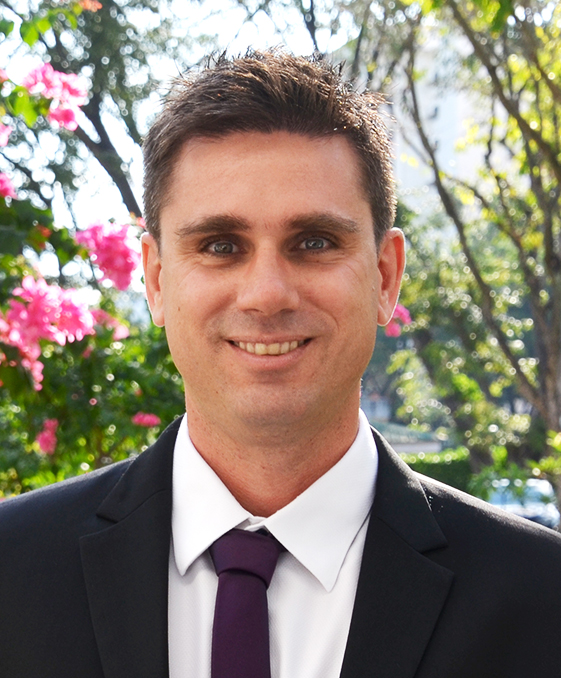Creating a Sustainable Singapore with Environmental Science and Aquaculture
🕒 Time: 1pm – 2pm
Do you have a passion for the environment or aquatic life?
If you do, this might be the ideal time to turn that passion into a meaningful career!
With a growing understanding of the environmental impacts of business operations, and an escalating demand for sustainable food sources due to factors like climate change affecting the global food supply, professionals with comprehensive knowledge of environmental science and aquaculture becomes especially valuable to contribute to The Singapore Green Plan 2030.
Join us for an informative session with Dr Jose Domingos and discover how the environmental science and aquaculture programs at the JCU Singapore School of Science and Technology can equip you with the skills essential to build a sustainable future within this context.
In this session, you will:
- Understand the concept of environmental science and aquaculture and their crucial roles in building a sustainable future for Singapore.
- Learn about the course structures of the environmental science and aquaculture programs.
- Explore the career prospects for graduates of environmental science and aquaculture programs in Singapore and Australia.
- Find out more about JCU’s collaborations with industry partners like Mandai Nature, Blue Ocean Harvest, and Barramundi Asia.
- Discover the Aquaculture Research and Teaching Faculty at JCU, offering world-class expertise in tropical aquaculture directly to Singapore and the immediate region.
- Explore the intercampus exchange program and field trip opportunities at our Australia campuses.
- Understand the entry requirements for the program.
- Have your questions answered during the Q&A session
Speaker Profile
 | Dr Jose Domingos Associate Professor | Principal Research Fellow, Aquaculture Dr Domingos has a long involvement with commercial shrimp and marine finfish operations. Prior to joining the James Cook University (Australia) Aquaculture Genetics research team in 2008 for the development of knowledge to improve barrumundi breeding, Dr Domingos worked as a production manager for several shrimp farms in the South and Northeast of Brazil, where he supervised over 700 hectares of shrimp farming. Trained in Brazil (Oceanography, FURG; MSc. Aquaculture, UFSC) and Australia (PhD Aquaculture Genetics, JCU), Dr. Domingos has 20 years of combined industry, government and academic background. |